Why care?
For the first time in a dozen years, southwest Missouri voters will choose a new congressman to represent them in Washington, D.C.
This is the person to call when you have an issue with your Social Security or veterans benefits. When you’re a small business owner trying to learn more about federal contracting opportunities. When you need answers about federal financial aid for your kid.
July 6 is the deadline to register to vote for the Aug. 2 primary.
A Republican will win the November election and become the next U.S. Congressman from the 7th District of Missouri.
That’s not an opinion. There are eight people running for the GOP nomination for the right to replace U.S. Rep. Billy Long, a six-term Springfield Republican who is running for U.S. Senate. The winner of the Aug. 2 Republican primary will face a Democrat and a Libertarian and — barring a cataclysm — glide to victory on Nov. 8.
Mechanics, math, and history make it so:
- The Republican field shows the depth of the party’s bench of experienced candidates. Of the eight GOP candidates, three are current or former state senators.
- Those three have together raised more than $1.6 million, and that was only through the end of March, with the biggest fundraising yet to come.
- Of the three Democrats in the race, none have been elected to office before. Two didn’t file any financial campaign activity through the end of March. The third isn’t even listed as a candidate on the Federal Election Commission website.
- The 7th District hasn’t elected a Democrat to Congress in more than 60 years. Most voters in the district have never been represented by anyone other than a Republican.
So the race is all about the GOP primary. Between now and Aug. 2, the Daily Citizen will focus on the issues cited by candidates; the factions supporting their campaigns; and how voters feel about their choices for Congress.
What is the 7th District?
First, a little background on the 7th District. On a map, this congressional district encompasses southwest Missouri, including Springfield, Nixa, Republic, Ozark, Joplin and Branson.
The last southwest Missouri Democrat to win a seat in Congress was Charles Harrison Brown, a media executive who programmed radio station KWTO and produced The Eddy Arnold Show for ABC-TV.
7th District At a Glance
792,419 people
609,265 voting age
89% white
4.7% Hispanic or Latino (of any race)
2% Black
$49,707 median household income
59% urban, 41% rural
Sources: U.S. Census, Ballotpedia
Brown took on an 11-term congressman, Dewey Short, who was notorious for his opposition to the New Deal. Short was also known as a speechmaker — Richard Nixon called him the finest orator he’d ever heard — and in 1940, Short almost became the Republican nominee for vice president.
But Charlie Brown beat him in 1956, at the height of the nation’s “I Like Ike” fervor. Missouri was one of only seven states that went for the Democratic nominee in 1956. Brown barely bested Short that year; out of nearly 181,000 ballots cast, Brown’s margin of victory was 1,060 votes.
(Oldtimers say Brown was a likeable guy who transcended party and the proof is in the margins. Republican Dwight Eisenhower swept the 7th District in 1956, including a 60-40 win in Greene County.)
While in Congress, Brown voted for the Civil Rights Acts of 1957 and 1960. He won reelection in 1958 but lost his bid for a third term in 1960.
Republicans have controlled the 7th Congressional District ever since. The closest call for Democrats came in 1990, when Pat Deaton, a lawyer, came within five points of unseating Rep. Mel Hancock. Every other biennial election since, the Republican candidate has won at least 63 percent of the vote.
Party-backed candidates and fringe figures have run under the Democrat’s flag. The outcome doesn’t change. The Democrat gets between 25 and 35 percent of the vote.
Major political prognosticators are unanimous: the 7th Congressional District in Missouri is a Safe R seat.
What to know about the top Republican candidates
The Republican candidates with the best chance to win in August have the most experience and the most money.
Jay Wasson

Jay Wasson, 65, is in the traditionalist lane. He was mayor of Nixa. He served eight years in the Missouri House and eight years in the Missouri Senate. He builds homes for a living.
By the end of March, Wasson was way ahead in fundraising, with receipts of $952,000 and more than $843,000 cash on hand. His contributions come from the local donor class of familiar names (including a November 2021 contribution of $2,900 — the maximum — from Daily Citizen publisher Thomas Carlson).
He’s hired Thompson Communications, the Marshfield-based firm that for decades has been the one-stop political shop for mainstay Republican candidates.
But Wasson’s fundraising prowess includes some illusion. More than half of his take comes from a $500,000 loan Wasson made to his campaign.
Wasson lists four top issues: “Most people I talk to are concerned about inflation and gas prices,” he says. “After that, it’s the border, government spending, and a woke agenda that’s being pushed at them from all sides. That they hate the most.”
Eric Burlison
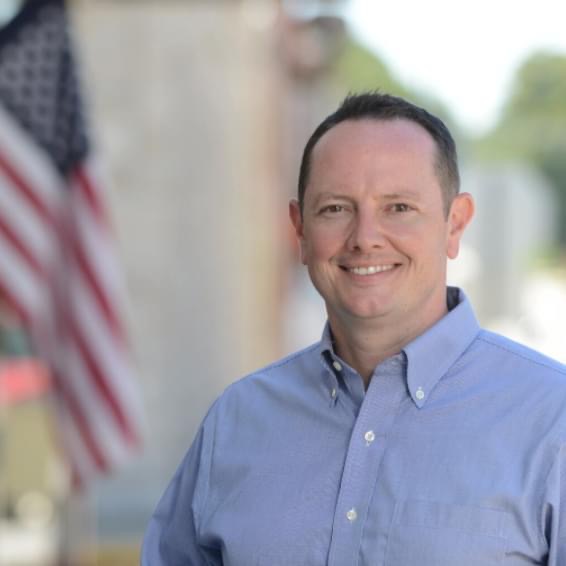
Eric Burlison, 45, is taking the firebrand route with his campaign. He’s a tax consultant and investment adviser, and a software consultant for Cerner. He lives in Battlefield.
Like Wasson, he served eight years in the Missouri House before moving up to the Missouri Senate in 2018. Unlike Wasson, he’s getting money from the House Freedom Fund, a PAC that also supports Rep. Lauren Boebert.
His campaign gurus come from Axiom Strategies, a Missouri political firm that helped Ted Cruz in his 2016 presidential bid. Burlison plays up his endorsements from Cruz and Rep. Jim Jordan.
Burlison raised more than $500,000 through the first quarter of this year. About a fifth of that money came from the House Freedom Fund. The conservative Club For Growth PAC contributed another $80,000.
Burlison reported almost $390,000 cash on hand going into the second quarter of 2022.
Burlison has called Medicare and Social Security “the elephants in the room nobody wants to talk about” and says program reform has to be tackled.
He’s also anti-PBS: “There’s no reason why we should be funding the propaganda machine which is against us.”
Mike Moon
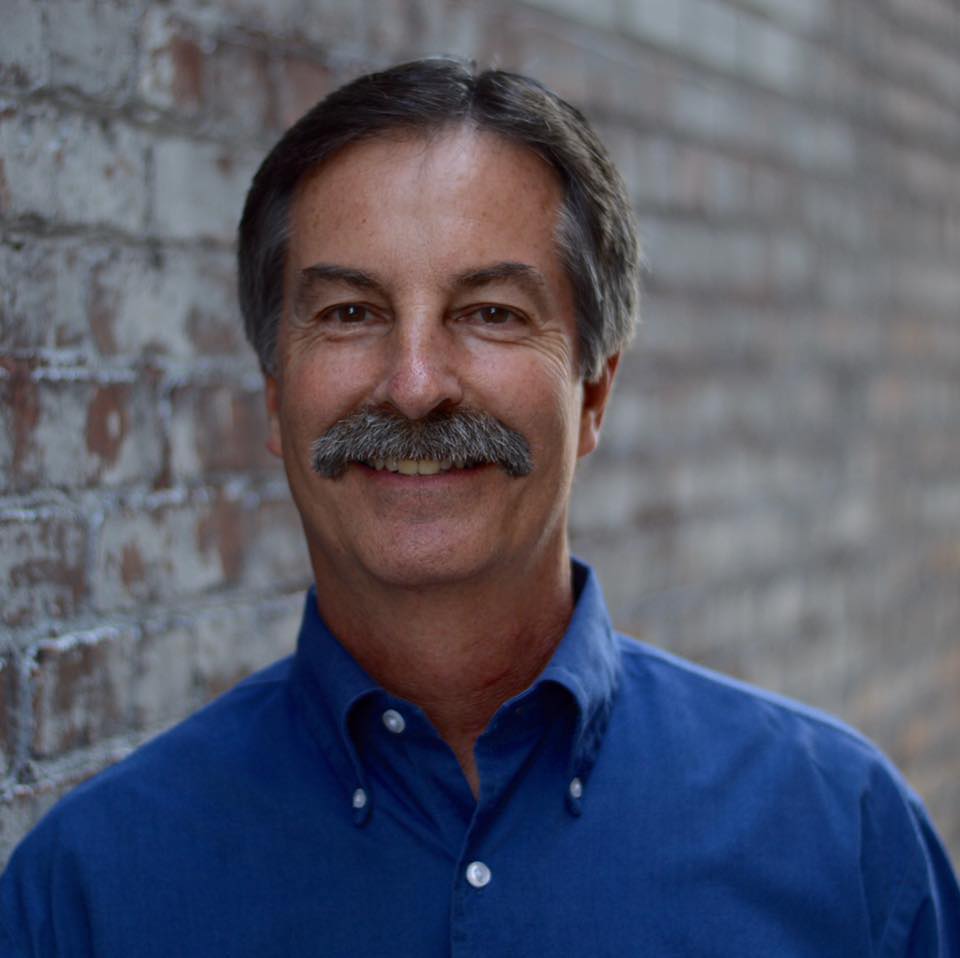
Mike Moon, 63, also served eight years in the Missouri House before being elected to his first term in the state Senate in 2020. He used to work in marketing at Mercy; he now raises cattle in Lawrence County. He is from Ash Grove.
If Wasson is a traditionalist and Burlison is a firebrand, then Moon is the off-road candidate, cutting his own path to Congress. He styled himself the “Dr. No of the Missouri Legislature.” His time in Jefferson City has been marked by events that made him notorious on social media.
In 2019, Moon asked Gov. Mike Parson to nix a replacement statue of the Roman goddess Ceres atop the Missouri Capitol. A statue of Jesus would be met with outcry, Moon said, but no one seemed to be outraged by a “false god” like Ceres.
Moon has also called for a ban on foreign beef, and says businesses should open more pipelines across the U.S. to boost domestic energy production.
Moon reports raising around $150,000 through the first quarter of the year, with $32,000 cash on hand.
Other Republican candidates
Other Republicans running for the 7th District seat include:
Sam Alexander
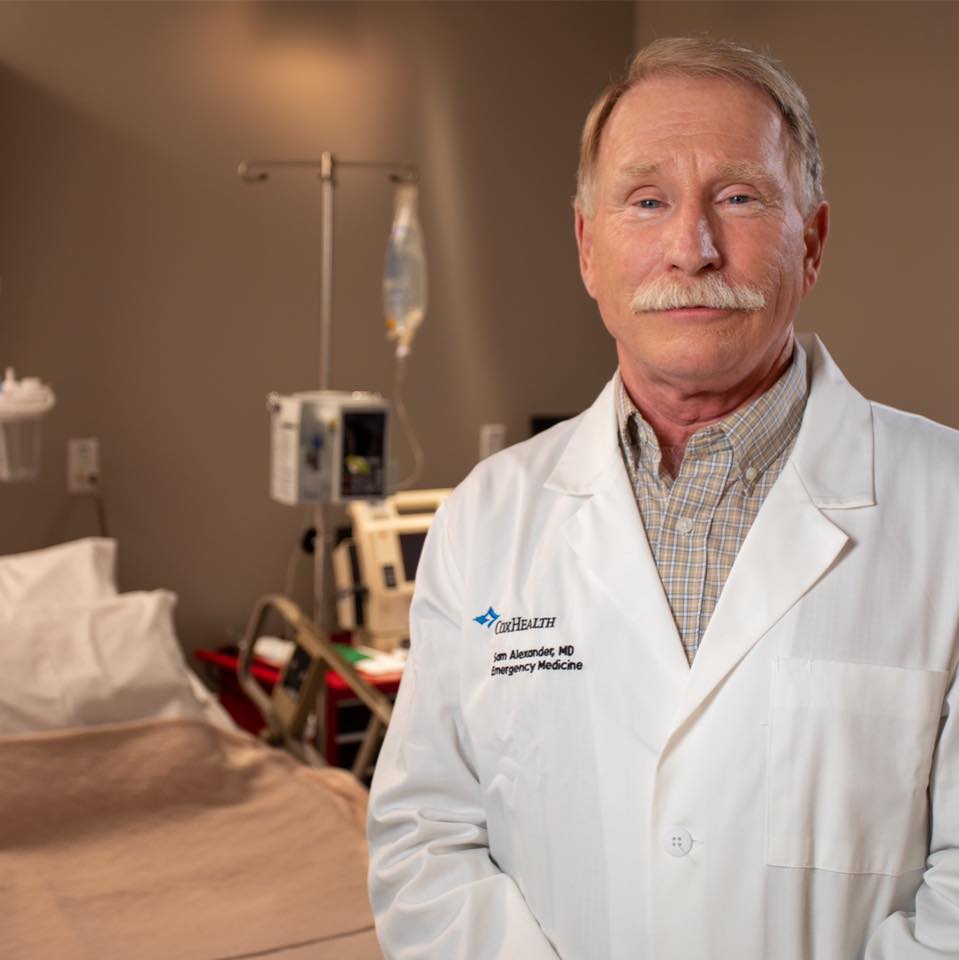
Sam Alexander. Physician from Fair Play and senior partner at the Emergency Physicians of Springfield. Emergency room doctor with CoxHealth Systems for the past 30 years.
Alexander is a factor because he’s raised more money than Moon — $157,000 through March 31, with $67,000 in the bank. But $99,000 comes from a loan Alexander made to his campaign.
He’s being repped by Victory Enterprises, a political shop in Davenport, Iowa.
Alexander cites inflation and “a crisis at the border” as the top issues. He says he’ll work to correct problems “in a bipartisan manner” if elected.
Alex Bryant
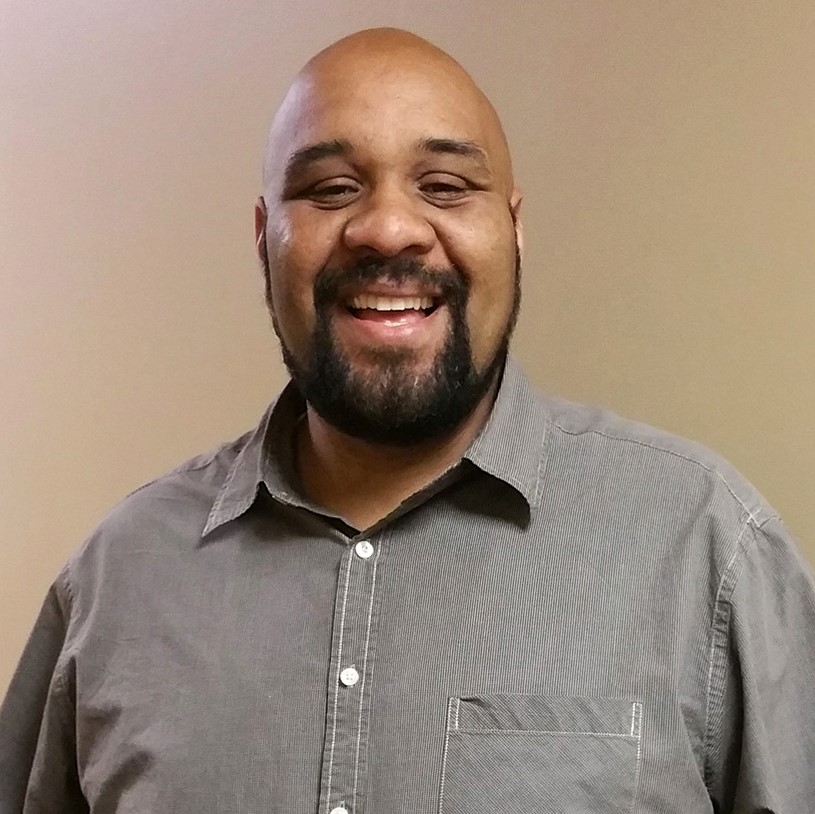
Alex Bryant. Lives in Nixa. Assemblies of God minister, podcaster, author. Touts faith and a rags-to-riches story as keys to his foundation.
Bryant raised more than $86,000 through the first quarter of 2022 and has almost $55,000 cash on hand. He’s paying McShane LLC of Las Vegas for website development and a $3,000 monthly fee; McShane is a political consulting company.
Bryant’s big issues: No government mandates; protect the 2nd Amendment; “100% pro-life.”
Paul Walker
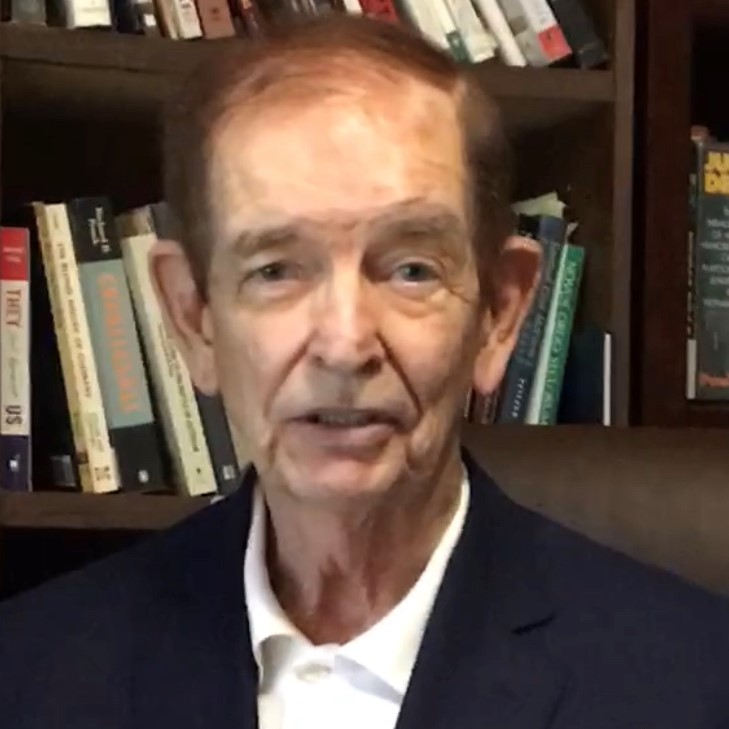
Paul Walker. Career military man, retired as an Army colonel. Former teacher and author. He lives in Springfield.
Walker’s filing with the FEC lists $25,900 in receipts but only two contributors — $13,200 from Walker and an unidentified $200 donation. He lists spending of $7,337, mostly for freelance PR, signs, and a newspaper ad in Branson. Walker claimed no cash on hand at the end of March.
Walker says he’s a “constitutional conservative” and opposes Critical Race Theory and the tax of Social Security. He says he wants to break up Big Tech.
Audrey Richards
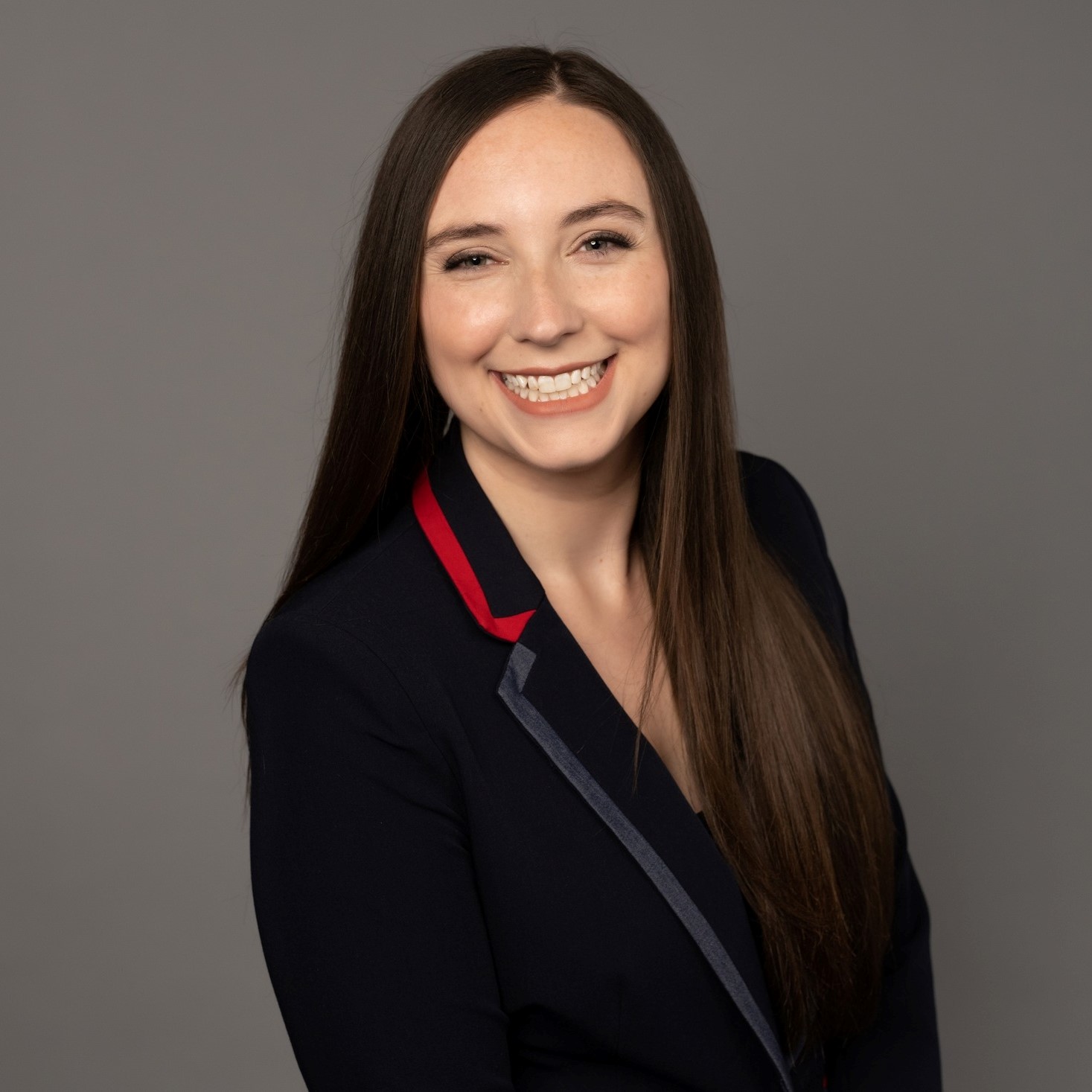
Audrey Richards. Born in Joplin, reared in Kimberling City and educated at George Washington University, where she earned a degree in political science. Worked for the Treasury Department; covered sports for SBNation; now works for a non-profit.
Richards launched a bid for Congress in 2020 and received about 1,300 votes as an independent write-in candidate. She raised and spent about $8,000 on that campaign. She hasn’t filed any fundraising reports for the 2022 election.
Camille Lombardi-Olive

Camille Lombardi-Olive. From Galena. Like Richards, she ran for the 7th District seat in 2020. She finished last in a five-way GOP primary with about 6,000 votes.
Lombardi-Olive says she’s pro-life and pro-military. Rising gasoline prices, she says, are “hell on earth.”
Lombardi-Olive reported no campaign finance activity through March 31.
Democratic and independent candidates
Three Democrats are running for Congress in the 7th District. None have filed financial disclosure forms with the Federal Election Commission.
John M. Woodman
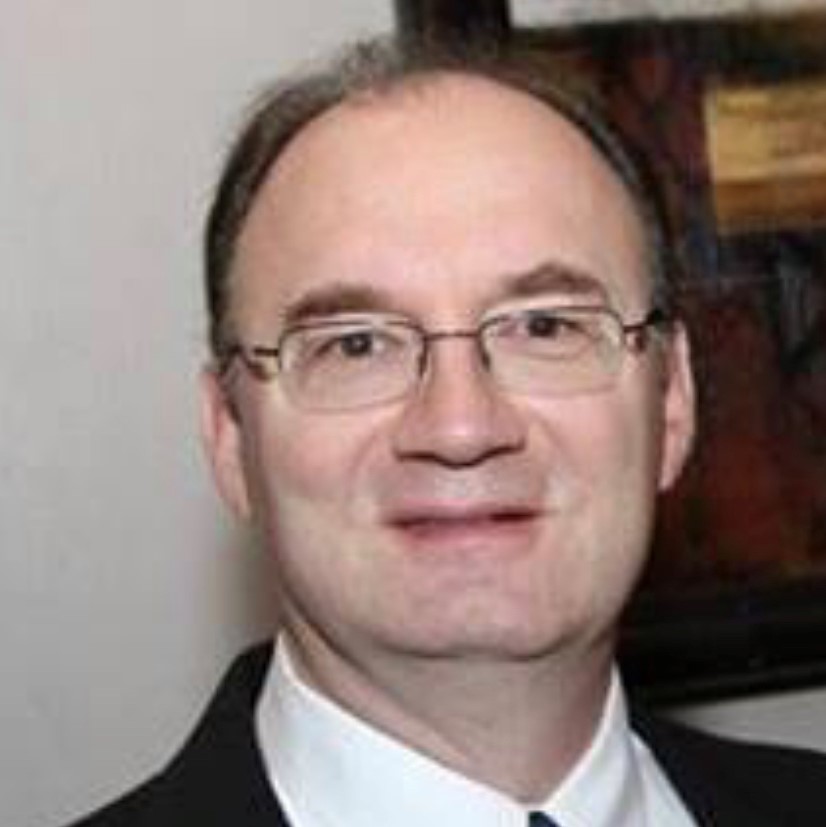
John M. Woodman is from Springfield. He’s a computer tech small businessman and former Republican, who says he left the GOP after 35 years after realizing the party was “doing nothing at all” to help the middle class.
Kristen Radaker-Sheafer
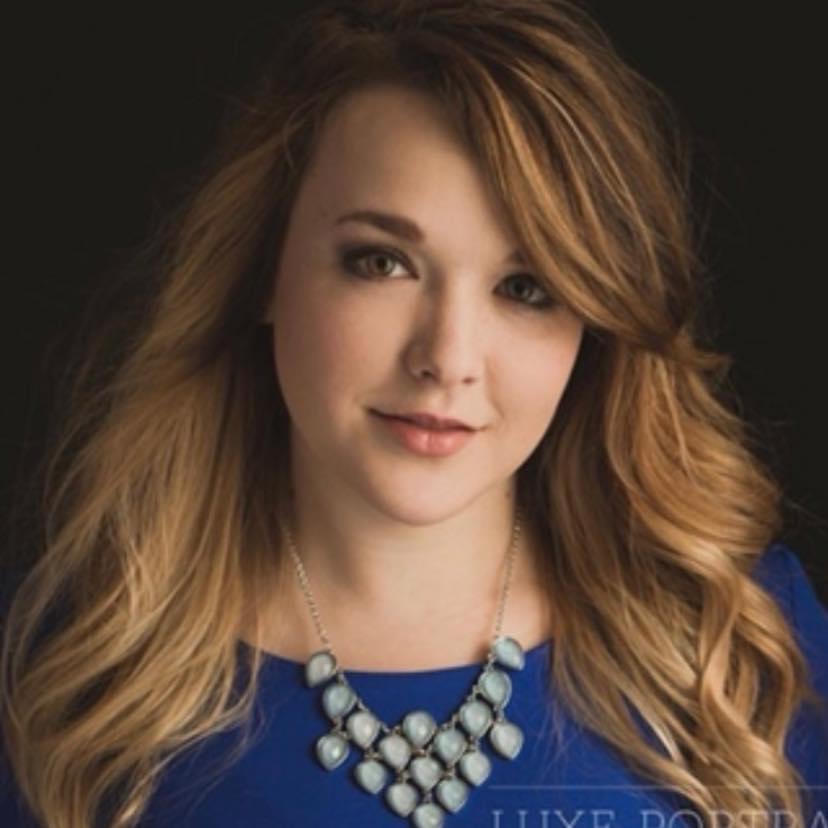
Kristen Radaker-Sheafer, of Joplin, is a graphic designer and bakery owner. She is a proponent of bipartisanship and communicating with constituents.
Radaker-Sheafer says she wants to “find creative solutions by harnessing the vast intellectual resources and creativity of the American people.”
Bryce F. Lockwood
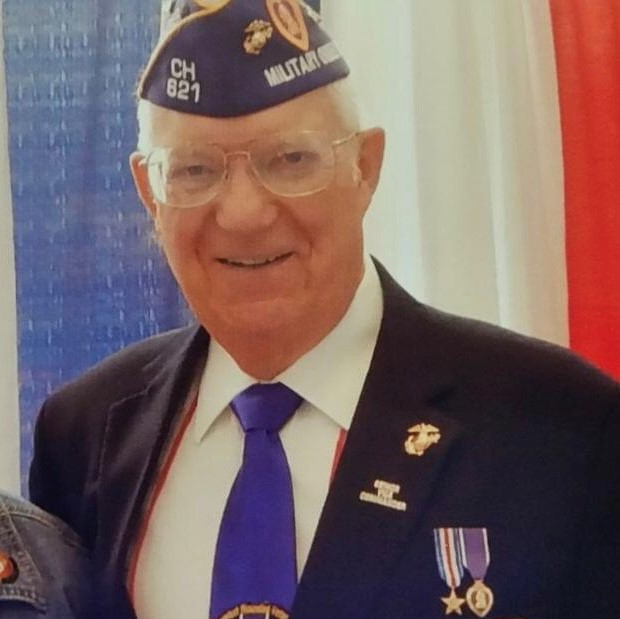
Bryce F. Lockwood, of Strafford, is a former military intelligence officer who was aboard the USS Liberty when it was attacked by Israel in 1967. He says he was a lifelong Republican before becoming a Democrat this year. He does not have a website and is not listed as a candidate on the FEC website.
Also on the ballot:
Kevin Craig
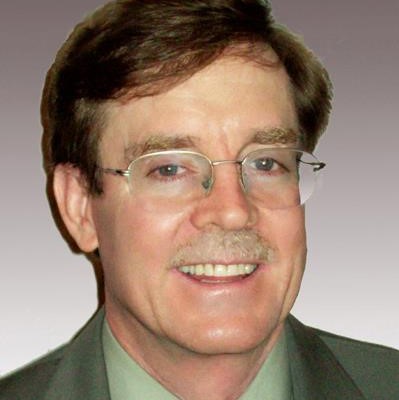
Kevin Craig is running again as a Libertarian. He earned 15,573 votes — about 4 percent of the total — in 2020.
He says he’s a “Christian libertarian.” His website has hundreds of links that mirror his belief in “liberty under God.”
Craig has not filed a report with the FEC.
Looking forward
Conventional wisdom has it as a three-way race between Wasson, Burlison, and Moon. All three men have strong donor bases and their mid-July campaign finance filings will probably reflect that advantage over the rest of the field.
Two early polls offer conflicting results.
Burlison’s camp released an internal poll from mid-May that had Burlison over Moon, 24-16, with Wasson in third with 14 percent.
Wasson’s campaign leaked an internal poll from May that had their candidate at 21 percent, Moon at 18 percent, and Burlison coming in third with 15 percent.
In both polls, undecided voters were the plurality.
What will move the uncommitted? Ads, of course. Between now and Aug. 2 you will see and hear plenty of them from the candidates and — in Burlison’s case — from outside groups looking to bolster their guy and blow up the others.
Ad buying in the 7th District is pretty simple. There are two media markets for TV and cable buys, Springfield and Joplin.
Can any of the second-tier candidates make a mark?
Bryant’s ties to the Assemblies of God could give him a ballot-box boost. The denomination is headquartered in Springfield.
Alexander had made fundraising inroads with the medical community, which could open its pockets and buy him media time to make his case.

